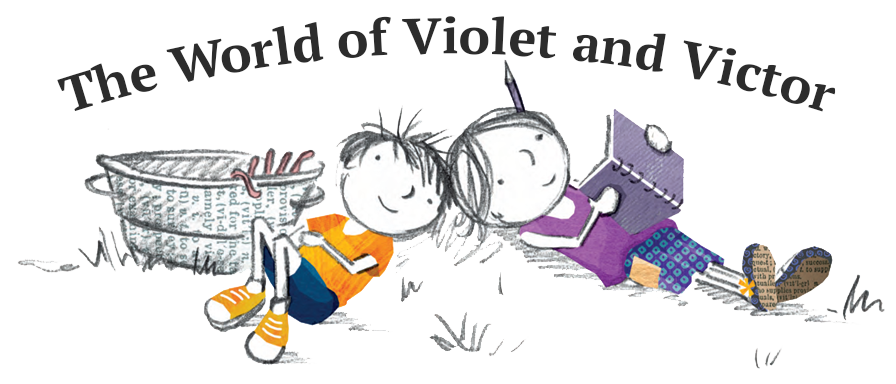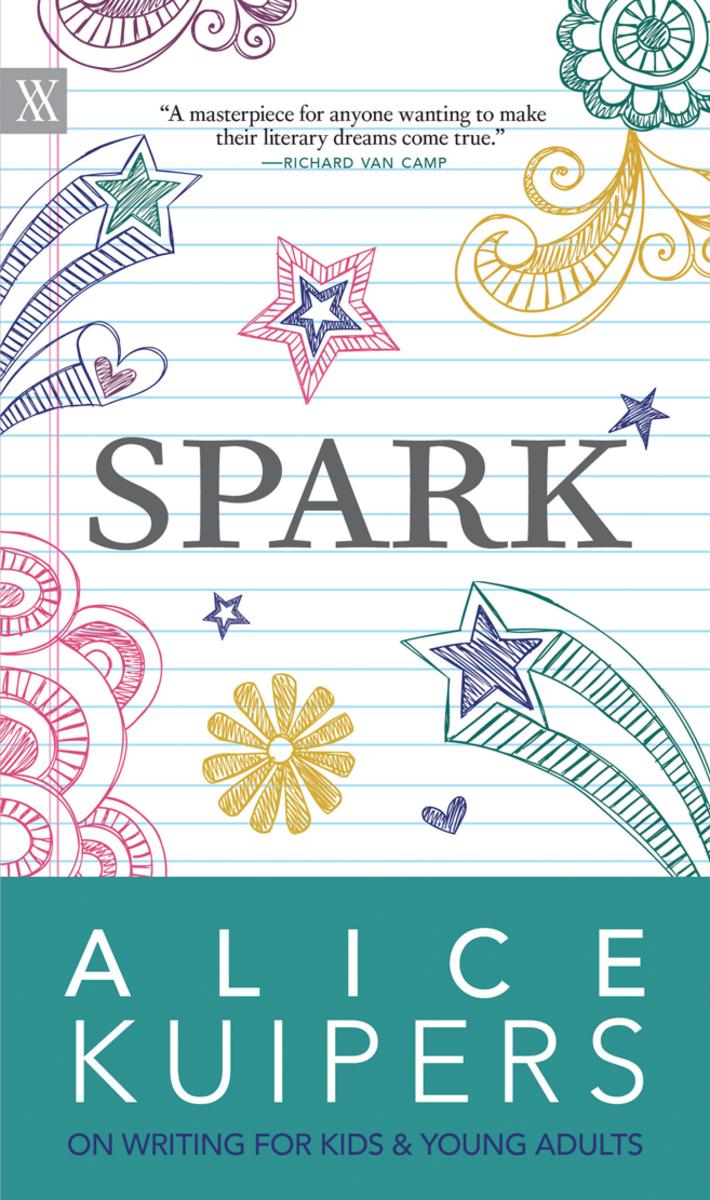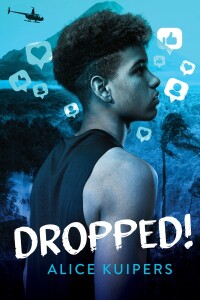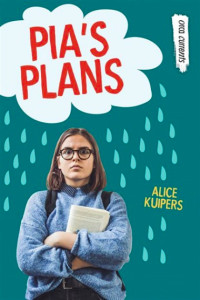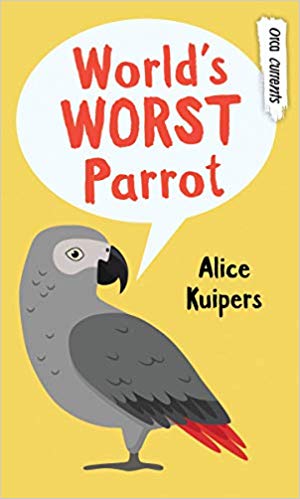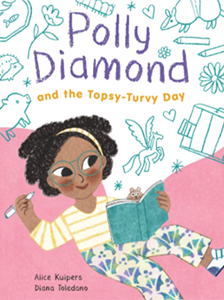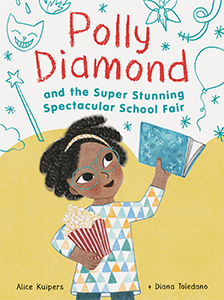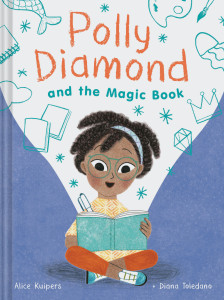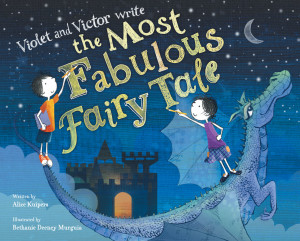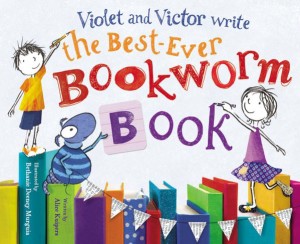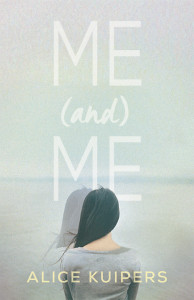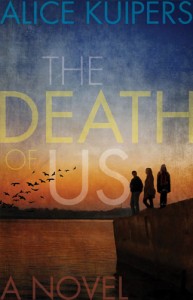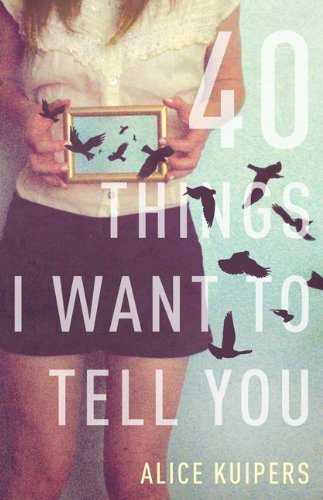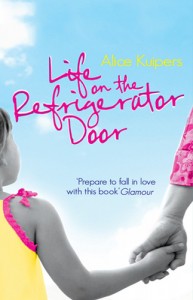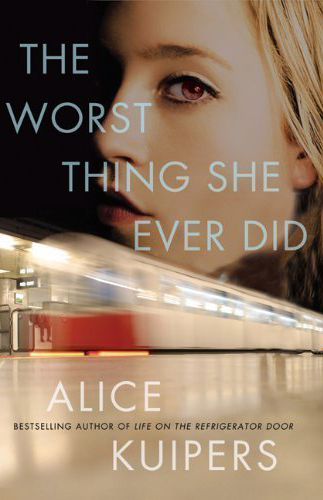Since having small children, I’ve been immersed in picture books. Even before then, I admired the way that with almost no words, writers managed to tell stories with depth, humour, great characters and brilliant insights. My first picture book is coming out with Little, Brown Books for Young Readers in 2014 and the process of writing this book, and rewriting it, and rewriting it again, has taught me more about writing than anything else I’ve ever done. This week, I’m going to introduce you to the idea of trying a picture book to see if you can learn from it the way I did.
First of all, I should point out that when I’ve taught children’s picture book writing before, I’ve taken weeks and months to go over the things I’ve learned. Here on Wattpad I’m only going to use this one workshop space.
Let’s plunge in.
Key things you need to know before you write a picture book:
Length: the closer to 500 words the better, if it’s longer than 1000 words then it’s way, way, way too long. Most children’s picture books fit onto 32 pages. See this weblink from my site for guidance on how to make a dummy picture book.
Characters: children like to read about other children, often. Careful with soppy animal names and twee, unrealistic characterization. Just because you’re writing for children, doesn’t mean you should undermine your readers. If anything, kids are the smartest of readers as they are so attentive and often want a picture book read to them a thousand times. Your characters need to hold up to this scrutiny.
Readers: remember with a picture book that you’re actually writing for more than one reader – the child AND the adult reading the book to them.
Language: remember too that children’s picture books are nearly always read aloud. Focus on great language, interesting words, poetry, rhythm and cadence.
Morals: just as with your other writing, if you moralize you’ll lose your readers. Give space for the imagination to find hidden messages.
Illustrations: I’m not an illustrator. But I can still write picture books. How? In the picture book industry, if you can’t illustrate, a publisher will find you an illustrator to work with. If you’re one of those super talented author/illustrator folk then you are welcome to illustrate your own picture books to submit to publishers, but if you can’t illustrate, don’t worry. Just make your text shine.
Advice: here’s the wonderful Mem Fox with the best advice ever. Make the time to read it before you do the prompt this week!
This week’s writing prompt
Write the complete text of a children’s picture book – use between 500 and 1000 words. Ah, it sounds so very, very easy. This is just about the text, so please don’t try and include illustrations – the discussion thread won’t let you anyway. Just 500-1000 words of the pure, unadulterated text.

